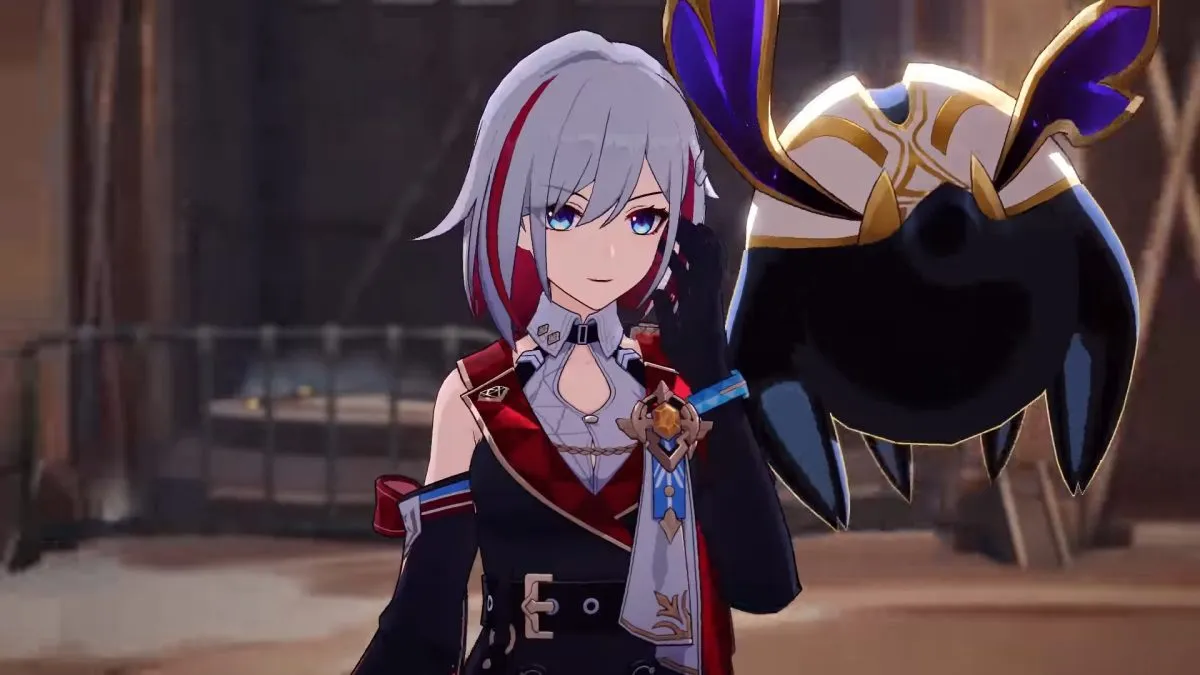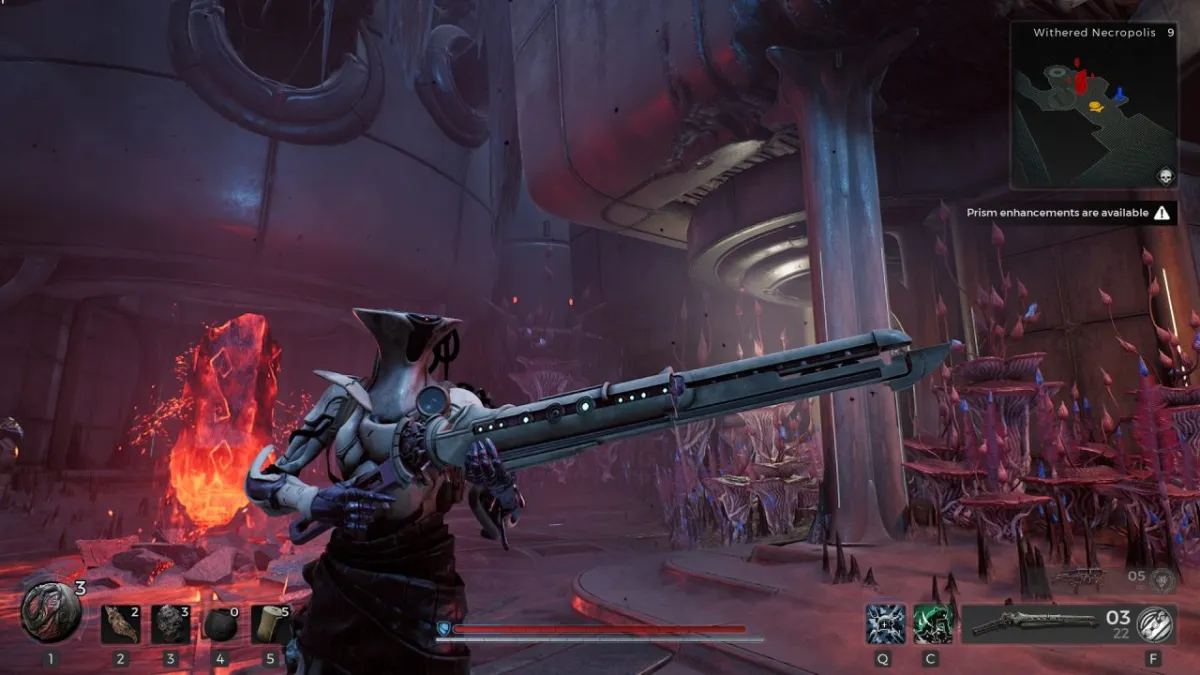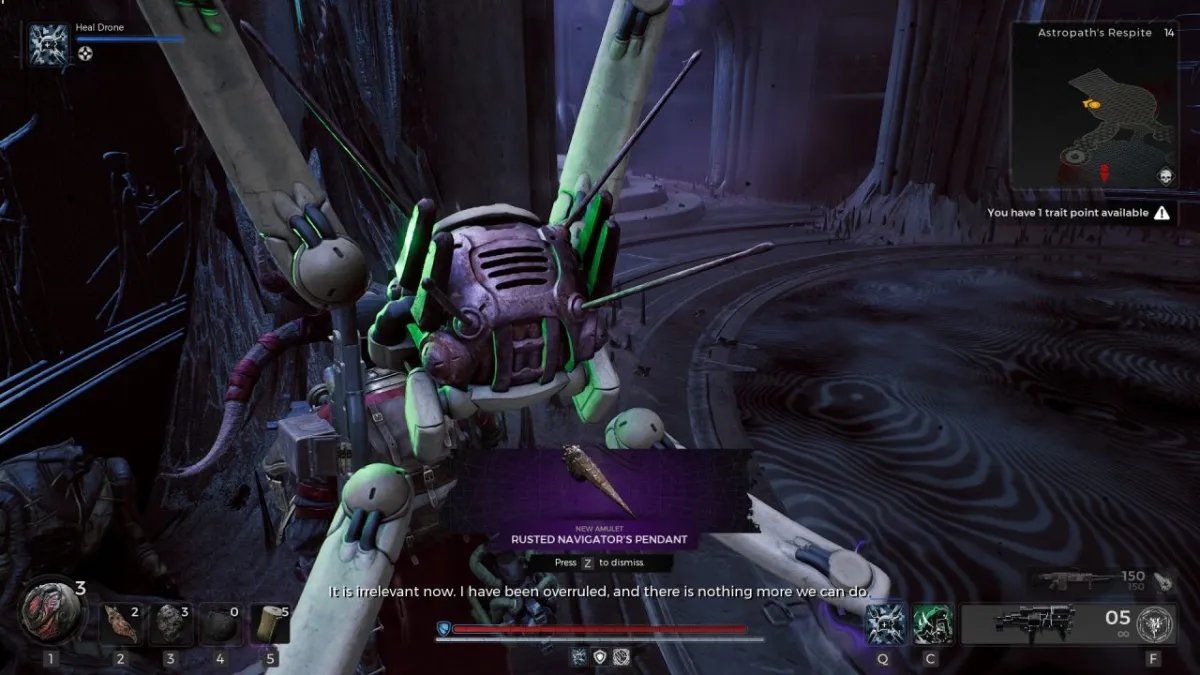FC 25 has a wide variety of settings to customize that can make the game feel more real and accurate to the sport of Soccer. This guide goes over the best sliders and difficulty settings for EA FC 25.
FC 25: Best sliders and difficulty settings
This guide is carefully designed to create the most realistic experience in FC 25. Luckily, the latest entry into the franchise has added more in-depth sliders compared to other entries that allow the player to customize the game further. We made sure to put the settings in this guide in order from how they appear in-game to make it easy to follow along.
Note: Any settings not included in this guide strictly come down to preference.
Table of contents
Best Difficulty Level for FC 25
Since we’re going for realism, and Soccer/Football is an incredibly competitive sport, it’s recommended to play on a high difficulty to create an experience with a greater challenge. In this case, players should look to play FC 25 on World Class or Professional.
If you have experience with the FC franchise and consider yourself an elite player, then you may even want to bump up to Legendary. On the other hand, if you’re a newcomer to the series, then feel free to choose the lower end (such as Amateur or Semi-Pro), but just know that it’ll feel less real than the higher options.
Best Gameplay Settings
The gameplay settings we adjusted in this section make passing, dribbling, shooting, defending, goalkeeping, and switching more realistic and feel better in general. Here are the best gameplay settings for realism in FC 25.
- Preset: Custom
Shooting
- Auto Shots: Off
- Assisted Headers: Off
- Shot Assistance: Precision
- Timed Finishing: On
Passing
- Auto Flair Pass: Off
- Through Pass Assistance: Semi
- Lobbed Through Pass: Semi
- Ground Pass Assistance: Semi
- Cross Assistance: Semi
- Lob Pass Assistance: Manual
- Pass Receiver Lock: Late
- Precision Pass Sensitivy: High
Defending
- Auto Clearances: On
- Clearance Assistance: Directional
- Jockey: Assisted
- Defending: Tactical Defending
- Pass Block Assistance: Off
Switching
- Auto Switching: On Air Balls and Loose Balls
- Auto Switching Move Assistance: Low
- Right Stick Switching: Classic
- Right Stick Switching Reference: Player Relative
- Right Stick Switching Sensitivity: 4
- Next Player Switching: Classic
- Reaction Time Modifier: On
- Reaction Time Modifier Sensitivity: 6
- Player Lock: On
Dribbling
- Contextual Dribbling: Off
Goalkeeper
- Save Assistance: Semi
Controller Preferences
- Analog Sprint: Off
- Trigger Effect: Off
- User Vibration Feedback: Enhanced
Best Match Settings
Match settings are mainly used to change the length and difficulty of each game. As previously mentioned, difficulty should be high, but if you consider yourself a low-skilled player, then feel free to lower it.
- Half Length: 6 minutes
- Difficulty Level: World Class or Professional
- Competitor Mode: Off
- Player Based Difficulty: Off
- Attributes: Default
- Ball: Default
- Quick Substitutes: On
- Watch Full Match Intro: Preference
Best Simulation Settings
The sliders in this section change the speed of certain actions for both the computer and the player. These are customized to be more accurate and feel more like an actual game of Soccer.
- Gameplay Type: Custom
- Wind Effects: Medium
- Weather Effects: On
- Sprint Speed – User: 30
- Sprint Speed – CPU: 30
- Acceleration – User: 45
- Acceleration – CPU: 45
- Shot Error – User: 62
- Shot Error – CPU: 62
- Pass Error – User: 72
- Pass Error – CPU: 72
- Shot Speed – User: 45
- Shot Speed – CPU: 45
- Pass Speed – User: 25
- Pass Speed – CPU: 25
- Injury Frequency – User: 70
- Injury Frequency – CPU: 70
- Injury Severity – User: 35
- Injury Severity – CPU: 35
- Goalkeeper Ability – User: 60
- Goalkeeper Ability – CPU: 60
- Positioning Marking – User: 70
- Positioning Marking – CPU: 70
- Positioning Run Frequency – User: 35
- Positioning Run Frequency – CPU: 35
- Positioning Line Height – User: 60
- Positioning Line Height – CPU: 60
- Positioning Line Length – User: 35
- Positioning Line Length – CPU: 35
- Positioning Line Width – User: 55
- Positioning Line Width – CPU: 55
- Positioning Fullback Positioning – User: 80
- Positioning Fullback Positioning – CPU: 80
- Power Bar – User: 50
- First Touch Control Error – User: 65
- First Touch Control Error – CPU: 65
Best CPU Sliders
FC 25 includes a separate section for computer sliders that target the CPU’s dribbling, shot frequency, and much more. Adjust the in-game settings to the numbers listed below for a realistic experience.
- AI Behaviour: Custom
- Tackle Aggression – CPU: 50
- Buildup Speed – CPU: 40
- Shot Frequency – CPU: 70
- First Touch Pass Frequency – CPU: 40
- Crossing Frequency – CPU: 70
- Dribble Frequency – CPU: 35
- Skill Move Frequency – CPU: 35
We hope this best difficulty and slider settings guide for FC 25 has made the game more enjoyable for you. We have plenty of guides focusing on settings on PC Invasion so feel free to check them out. For example, we have one for College Football 25.






Published: Sep 23, 2024 01:10 pm